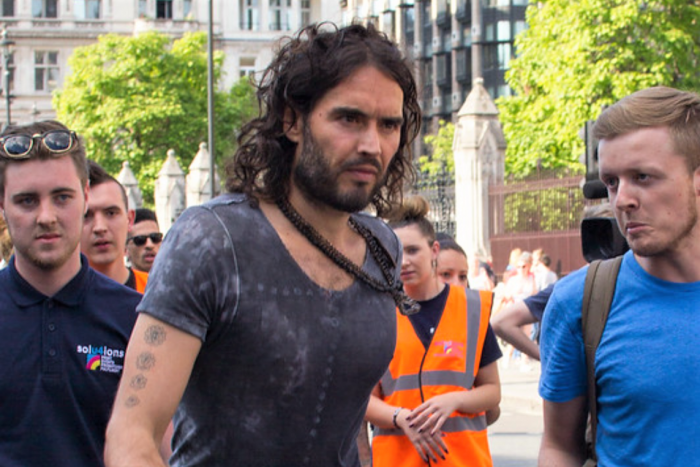Russell Brand, in an online course on the process of recovery, states that we turn to our vices because we cannot bear the horror of being ourselves.
When I first heard this, I was stunned into silence. I’d never thought of it that way, but it resonated with me. What a tragic complex we’ve built around ourselves, I thought.
As I ventured deeper into my own process of recovery, though, I discovered that perhaps our vices hold us so tightly because of something deeper than self-loathing.
It is my sneaking suspicion that tied in with our severe discomfort with being us, we usually believe true happiness and abundance is only for other people to experience. Humbleness, material non-attachment, and austerity are all hallmarks of traditional spiritual seeking. Wanting for more is considered selfish. So to protect ourselves, we relegate the objects of our desire to a space and time in which we’ll never dwell.
Further, I believe we are, generally, lonely. Few of us hold the types of relationships that cultivate the sort of unconditional love we truly desire.
Marred by the tragic acceptance that we will never achieve happiness and bereft of any human to confide in, we turn to the next best comfort. Indeed, we find our solace in that faithful friend of addiction—always present, never judging, and willing to see us through the darkest nights.
It began to seem that addiction, at least my own, was less about the horror of being me and more about the pain of navigating the world’s myriad disappointments alone.
Thanks to effective childhood conditioning, I struggle to hold a sincere entitlement to abundantly positive things in life. Life will be hard, I tell myself, and that’s just the way it is. But sometimes, I catch a glimmer of hope. The opportunity for greater financial freedom, the possibility of a new relationship, or adventure, the list could go on. When those opportunities fall through or meet inevitable roadblocks, I find my brain repeating the age-old narrative.
“You were never supposed to have fulfilling things anyway.”
I place my belief in this story which circles like a lone vulture above the desert landscape of my psyche. Though not a positive one, it’s familiar and therefore strangely comforting. And nestled into that narrative is another enabling story.
It tells me if I’m never going to have my fulfillment or happiness, I might as well turn to what I can achieve—comfort, on-demand, the way I want it.
Plus, if I’m not really going to gain progress, why work on healing the parts of me that are holding me back? It doesn’t matter much anyway. If you’re never going to jump out of the plane and head for the lush pastures below, why toil meaninglessly, stitching together a parachute you’re never going to use?
So what are we to do, left to our vices and devices and divided into solitary prisons of our own self-loathing, each individually believing that we’re not good enough for happy endings? What are we to do if we deeply desire to dethrone the dictators of these dungeons and break free into a life where we alone control our actions, no longer the slaves of our subconscious seeking comfort?
I believe the answer is simple, and it is true.
We need to begin believing that we are good enough. We have to start trusting that we, in all our imperfect innocence, are intrinsically entitled to happiness, not because of our merits, but because we were born.
When the voices of our inner judge begin to escalate, beating us over the head with broomsticks and billy clubs, belittling us into submission to our own inadequacy, we must stand and say in response, “I am worthy. I am enough. I am striving, and I am thriving, and I will die better than the circumstances of my struggles.”
If we are to foster the fortitude to forego lives of quiet desperation, it is imperative that we believe in our worth with such vengeance and ferocity that no blow can dismount our charge toward victory.
The more I sat with it, the less I believed my dear friend, Russell. To say we cannot bear to be ourselves takes us out of the driver’s seat. And it is only from the driver’s seat that we can turn on the headlights and discover the beauty of the landscape which surrounds us.
Perhaps our truth is less about self-loathing and more about a temporary stumble upon the road to glory. Perhaps greatness is ours for the taking, and we must only realize that we still control our hands.
So to you, in closing, I beg—do not forsake your worth.
Surrender not your belief in something greater. And if you must wait without hope, the least you can do is likewise banish your dread, because at least your true and utter emptiness is fertile.
Godspeed.
~


 Share on bsky
Share on bsky





Read 27 comments and reply